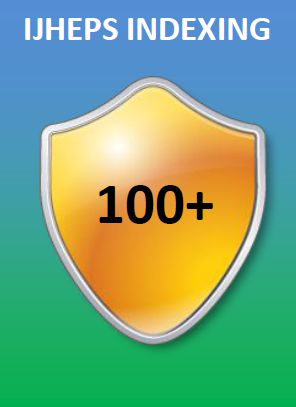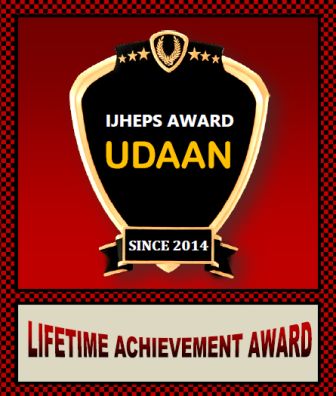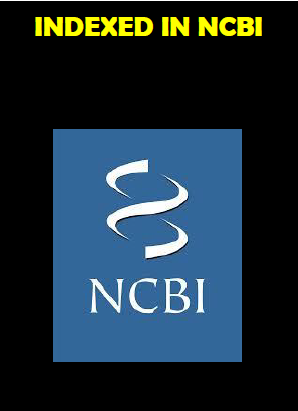
e-ISSN 2320-2955, p-ISSN 2249-2569, ISBN 978-81-909047-9-7
INTERNATIONAL RESEARCH JOURNAL OF HUMANITIES,
ENGINEERING & PHARMACEUTICAL SCIENCES
(An International Registered Research Journal) - Now IJHEPS Recommended By International Committee of Medical Journal Editors, USA
- Now IJHEPS Recommended By International Committee of Medical Journal Editors, USA
| PHARMACY | |
|---|---|
| Title | TRADITIONAL SAVIOURS OF DIABETES MELLITUS: NATURAL DIPEPTIDYL PEPTIDASE-IV INHIBITORS |
| Authors | Swati Dhande, Archana Patil & Vilasrao Kadam |
| Page No | 40-45 |
| Code | Int./JUNE15/PH1030 |
| Affiliation | Bharati Vidyapeeth’s College of Pharmacy, Navi Mumbai, India |
| Abstract | Diabetes Mellitus (DM) has become a major concern across the globe due to drastic shift in age of onset of the disease in recent years due to lifestyle changes. Various therapeutic approaches have been practiced throughout the world to reduce the burden on healthcare system and to provide safer treatment for the prevention and prophylaxis of the same. The Dipeptidyl Peptidase- IV (DPP- IV) inhibitor has become a promising therapy for the (DM). On the other hand the use of natural products is gaining far more acceptance due to their antioxidant and other curative properties along with hypoglycaemic potential in the management of DM. It has been found that some of these widely used herbs exhibit biological action on insulin as one of its mechanism of action. It has been known that DPP-IV is one of the enzyme responsible for prolonged insulin activity. Various in-vivo and in-vitro studies have proved that these plants perhaps have dose dependent inhibitory activity on DPP-IV enzyme. These natural bioactives may serve themselves as potential lead in management of DM. Molecular docking studies conducted on these isolated bioactives have revealed structural similarities to that of synthetics like sitagliptin and vildagliptin. Recently these synthetic gliptins have been found to possess side effects like mental disturbances, tremors and dizziness. The QSAR studies of natural bioactives could overcome these drawbacks and give safer novel anti-diabetics in future. These lead hopping compounds have been taken underway in further development process. Thus with the shift of therapeutic approach now a days towards the regenerative therapies these natural compounds seems promising in DM management. |
| Paper | Download |









